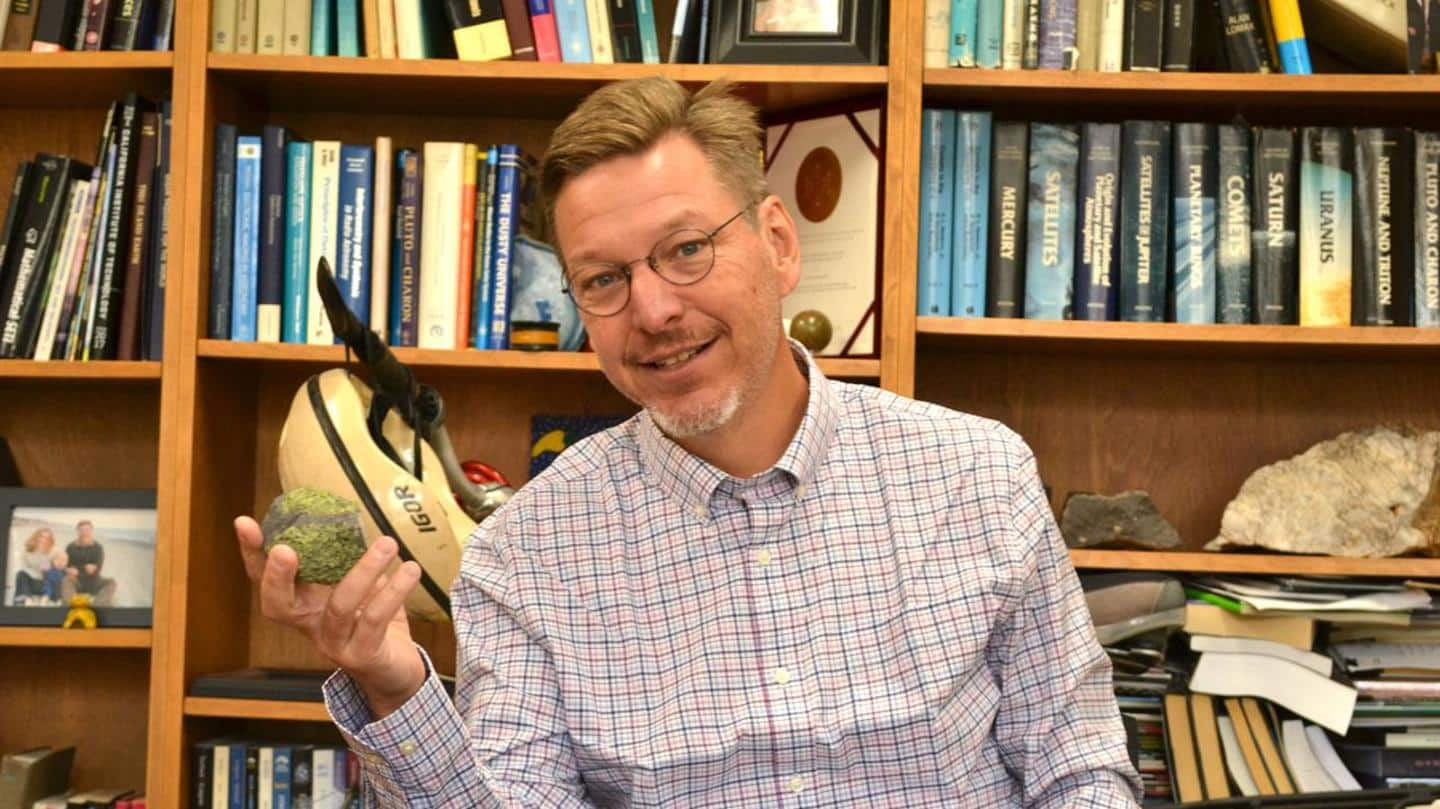
Astronomer who demoted Pluto claims he's found new ninth planet
What's the story
Pluto was controversially stripped of its designation as a planet in 2006. A planetary scientist who was the fiercest advocate of the celestial body's demotion claims he has now found another celestial body worthy of recognition as a planet.
The astronomer claims his newly-discovered celestial body is six times bigger than Earth and could become the fifth-largest in our solar system.
Here's more.
Historical context
Mike Brown appealed to the IAU to redefine 'planet'
Back in July, Caltech astronomer and "planet killer" Mike Brown told BBC, "After we discovered Eris (in 2005), and realized that Eris is more massive than Pluto, you've got to do something."
Brown feared eventually several celestial bodies would be declared planets. So, he appealed to the International Astronomical Union (IAU) to rework the definition of "planet," thereby demoting Pluto to "dwarf planet" status.
What’s Eris?
Pluto, Eris are part of the Kuiper belt
Eris is another dwarf planet like Pluto found in the Kuiper Belt. The belt is a circumstellar disc in the outer solar system. It resembles an asteroid belt and extends from the orbit of Neptune at 30 astronomical units (AU) to approximately 55 AU from the Sun.
Astronomers believe the Kuiper Belt was created from the leftovers of our solar system's early history.
Gravitational evidence
No photographic evidence of the new planet exists yet
The new and yet-unnamed planet discovered by Brown and fellow Caltech astronomer Konstantin Batygin isn't yet visible, possibly because it's too far away and too dark. However, these astronomers argue "there is gravitational evidence for it" since smaller brighter bodies are clustering around it.
Batygin told The Daily Beast, "The search will not conclude until we have an image in hand."
No offense
Bureaucratic intervention in scientific definitions could deal extensive damage
The Daily Beast reported that Brown's colleagues respect his work and don't mind him adding another planet to the list. However, they continue to strongly dislike, oppose, and largely ignore Pluto's delisting as a planet.
They warned that arbitrary bureaucratic meddling in scientific definitions risks damaging the work of several researchers.
They also now question Brown's campaign for the new planet.
Objections
Science shouldn't be limited to make it easier on schoolchildren
Speaking about Brown, NASA's New Horizons mission's principal investigator, Alan Stern, said, "He's wrong about Pluto."
Stern added that the IAU wanted to keep the list of planets short so teachers and students had an easier time memorizing it. He found this justification "intensely objectionable."
He asked, "Do we have eight states in the United States so schoolchildren don't have to memorize all 50?"
Confidence
Brown believes new planet would uncontroversially be declared a planet
After the controversial redefinition of a planet in 2006, both Pluto and the arguably much larger Eris were termed dwarf planets. To date, Eris remains one of the largest dwarf planets in our solar system.
However, Brown believes his new ninth planet would be obviously and uncontroversially declared as a planet.
Additionally, NASA's soon-to-launch James Webb Space Telescope could help Brown photograph his discovery.